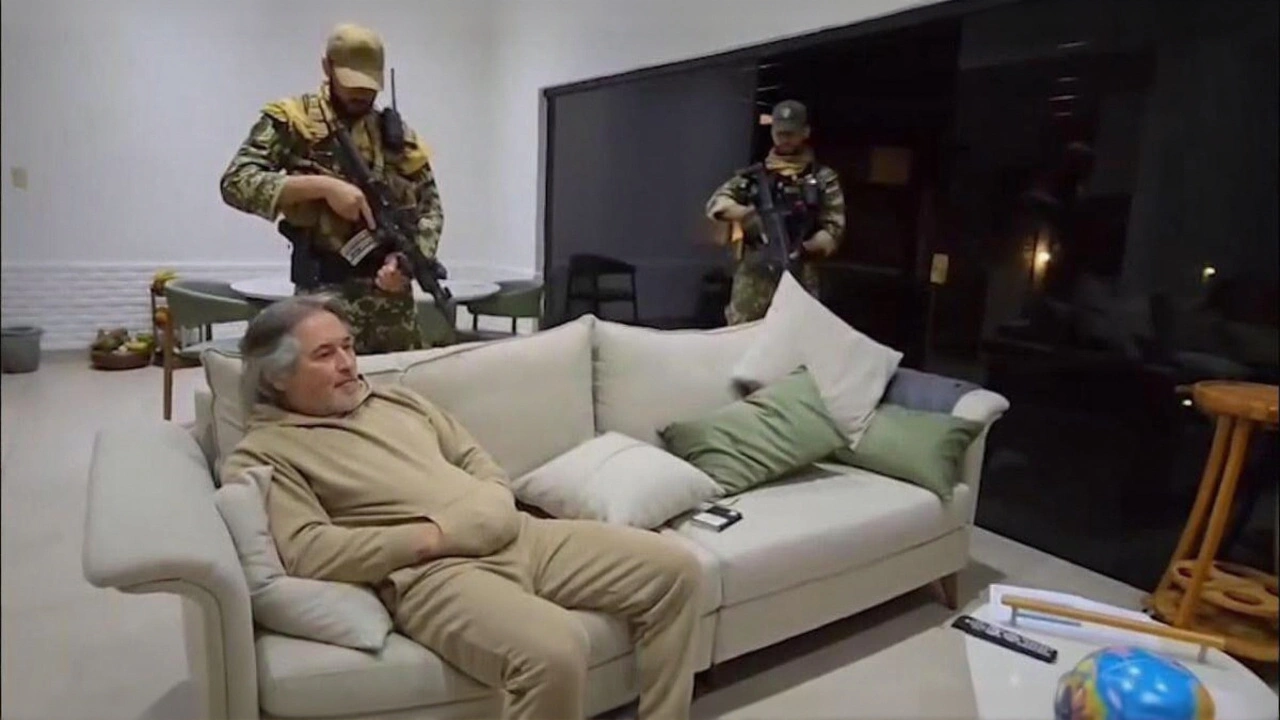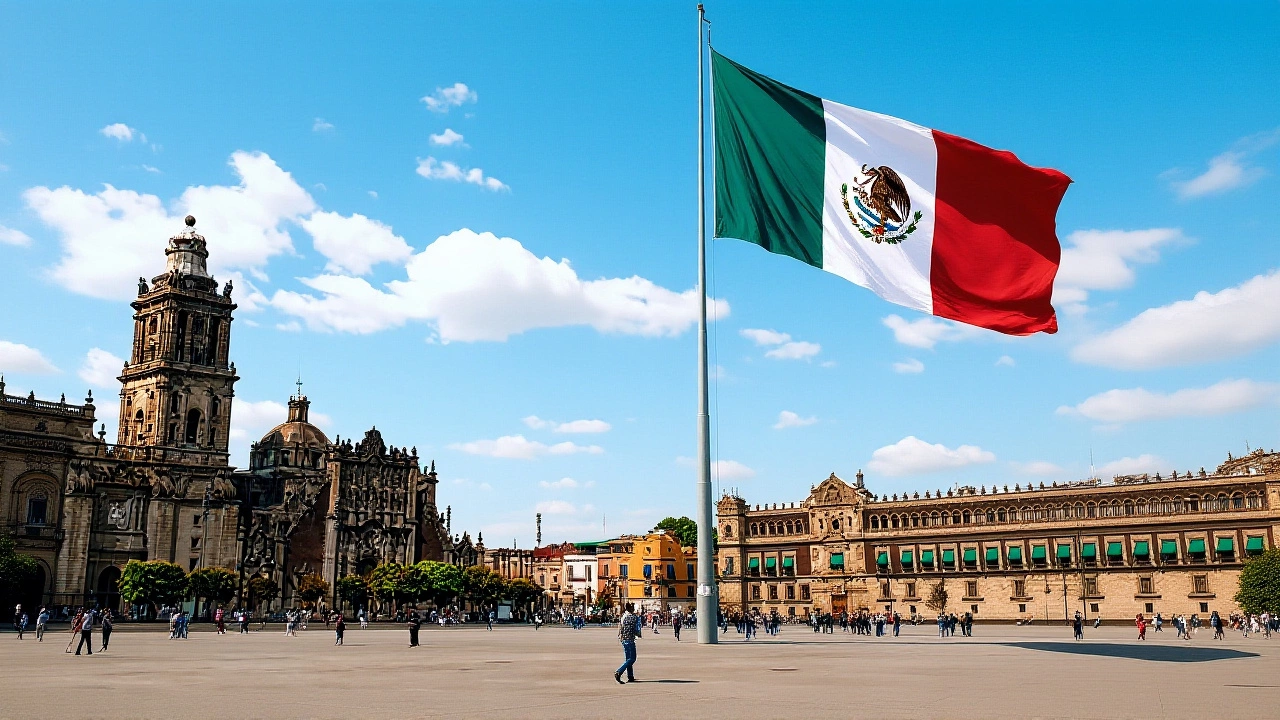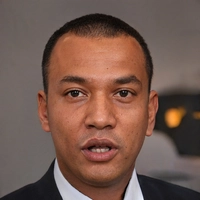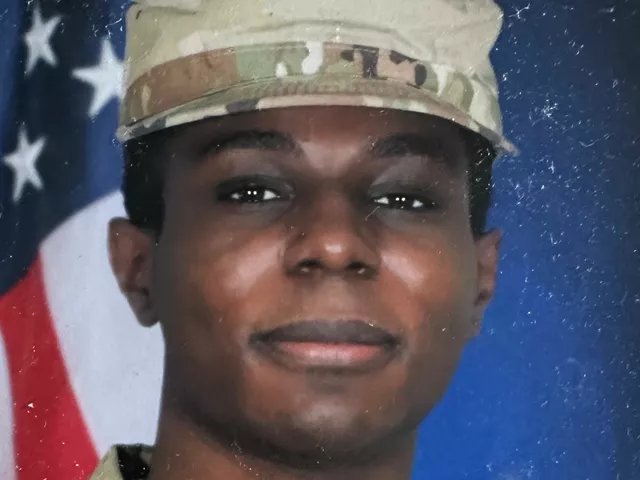On September 12, 2025, Paraguayan authorities detained Hernán Bermúdez Requena, alias "Comandante H" and alleged leader of the Mexican criminal syndicate La Barredora, before expelling him to Mexico under irregular migration status. By November 15, 2025, he was locked inside the Centro Federal de Reinserción Social No. 1 in Almoloya, State of Mexico — a maximum-security prison where he now awaits trial for criminal association, extortion, and express kidnapping. The move came just days after the Mexican government issued a sharp public denial: La Barredora has no connection to the ongoing sports betting case in Paraguay involving Montego Trading S.A. and its representative, Gerardo Bermúdez Arreola.
Two Bermúdez, Two Cases, No Overlap
The confusion began when media outlets, both in Latin America and abroad, linked the name "Bermúdez" — common in Mexico and Paraguay — across two entirely separate legal battles. One involves a gambling company accused of skirting Paraguay’s gaming regulations. The other, a violent criminal network tied to the Cártel Jalisco Nueva Generación (CJNG). Mexican officials wasted no time drawing a line. "These are two different people, two different crimes, two different countries," said Omar García Harfuch, Secretary of the Secretariat of Security and Citizen Protection (SSPC), during a September 17, 2025 press briefing. "There is no extradition request for Gerardo Bermúdez Arreola. He is not under investigation by Mexican authorities. Period." Hernán Bermúdez Requena, former police chief in Tabasco, built La Barredora during a chaotic period between 2022 and 2025, when fuel theft and retail drug trafficking exploded under interim Governor Carlos Merino. His group carved out territory through intimidation, extortion, and targeted violence — tactics that drew the attention of the Fiscalía General de la República (FGR) and Interpol. A Red Notice was issued on July 17, 2025. Paraguay’s Secretaría Nacional Antidrogas (SENAD) confirmed they intercepted his attempt to establish a regional criminal hub in Asunción. "With more time, he would have installed it," SENAD stated. His expulsion wasn’t extradition — it was immigration enforcement. He entered Paraguay without proper documentation. That was enough.The Betting Case: A Regulatory Battle, Not a Crime Ring
Meanwhile, Montego Trading S.A. — a company registered in Paraguay and led by Gerardo Bermúdez Arreola — was operating under a 2017 license issued by Paraguay’s Comisión Nacional de Juegos de Azar (Conajzar). But in late 2017, Conajzar awarded an exclusive national concession to Daruma Sam S.A., which runs the Apostala brand. That decision terminated Montego’s legal standing. Still, Montego kept operating. Through its website crowncityplay.com.py and six physical betting shops, prosecutors say it collected over $2.3 million in unreported revenue between 2018 and 2024. No one is accusing Montego of money laundering, violence, or ties to cartels. The charge? Unauthorized gambling operations and tax evasion. Simple. Clean. Business crime."This isn’t about organized crime," said a senior Paraguayan prosecutor familiar with the case, speaking off-record. "It’s about a company that ignored a clear regulatory shift. The state lost revenue. That’s the damage. Not bullets. Not kidnappings. Just lost taxes." The Mexican government’s denial wasn’t just legal clarification — it was damage control. Rumors linking a violent cartel to a gambling scandal could have damaged Mexico’s international reputation, especially as it seeks stronger judicial cooperation with neighbors. "We’re not trying to protect Gerardo Bermúdez Arreola," García Harfuch added. "We’re protecting the integrity of our investigations. If we let rumors blur these lines, we lose credibility with every country we work with."
Why This Matters Beyond Borders
This case exposes a growing challenge in transnational law enforcement: the speed at which misinformation spreads. A shared surname, a shared language, a shared region — and suddenly, a gambling dispute becomes a cartel story. Paraguay’s decision to expel Hernán Bermúdez Requena — rather than extradite him — sets a precedent. It shows that countries can act decisively against transnational criminals without waiting for complex legal processes. "We don’t need extradition to remove someone who broke our immigration laws," said a SENAD official. "We have the tools. We’re using them." For Mexico, the message was clear: Don’t conflate your domestic problems with foreign business disputes. The La Barredora investigation remains strictly within Mexico’s jurisdiction. The Montego Trading S.A. case? That’s Paraguay’s to solve. The two don’t intersect. Not legally. Not operationally. Not even in the court of public opinion.
What Comes Next?
Hernán Bermúdez Requena’s trial in Mexico is expected to begin in early 2026. Prosecutors are preparing a case that could span over 40 incidents of extortion and three confirmed express kidnappings. Meanwhile, Gerardo Bermúdez Arreola’s trial in Asunción is scheduled for January 2026. He faces fines, asset seizures, and possible imprisonment — but no extradition request from Mexico, and no criminal charges related to La Barredora.Paraguay’s government, meanwhile, is tightening its oversight of foreign-owned betting operators. A new audit of all 14 licensed gaming companies is underway. And the Conajzar is reviewing its 2017 tender process — a move that could trigger legal challenges from other bidders.
Frequently Asked Questions
Are Gerardo Bermúdez Arreola and Hernán Bermúdez Requena related?
Mexican authorities confirm there is no familial or operational link between the two men. Gerardo Bermúdez Arreola is a businessman facing gambling charges in Paraguay. Hernán Bermúdez Requena is a former police officer turned cartel leader. While both share a common surname — common in Latin America — they come from different regions, different backgrounds, and different criminal spheres. Mexican officials have repeatedly emphasized this distinction to prevent misinformation.
Why was Hernán Bermúdez Requena expelled instead of extradited?
Paraguayan authorities determined that Hernán Bermúdez Requena entered and remained in the country without proper documentation — a violation of immigration law. Extradition requires formal legal requests and court hearings. Expulsion, based on immigration violations, is faster and doesn’t require proving criminal guilt in Paraguay. Mexico accepted him under this process, and he was handed over directly to Mexican federal agents at the border.
What’s the connection between La Barredora and the CJNG?
According to Paraguay’s SENAD and Mexico’s FGR, Hernán Bermúdez Requena’s group, La Barredora, emerged from factional fighting within the CJNG’s sphere of influence in Tabasco. While not an official branch, La Barredora relied on CJNG-supplied weapons, trafficking routes, and protection networks. Mexican prosecutors describe it as a semi-autonomous offshoot that specialized in extortion and kidnappings — tactics aligned with CJNG’s broader strategy but operated under local leadership.
Did Montego Trading S.A. break any Mexican laws?
No. Montego Trading S.A. was registered and operated entirely within Paraguay. Its activities — legal or not — fall under Paraguayan jurisdiction. Mexican authorities have stated they have no evidence of financial transfers, money laundering, or criminal coordination between Montego and any Mexican entity. The company’s alleged violations are strictly related to Paraguay’s gaming regulations, not Mexican law.
Why did Paraguay cooperate with Mexico on this case?
Paraguay has been under international pressure to crack down on transnational crime, especially after becoming a transit point for CJNG operations. Expelling Hernán Bermúdez Requena was both a legal and political statement. It demonstrated Paraguay’s commitment to regional security cooperation, strengthened ties with Mexico, and sent a warning to other criminal leaders considering using Paraguay as a safe haven. SENAD called it "a milestone in regional anti-crime collaboration."
What’s the risk of this case being used to justify broader crackdowns on online betting in Latin America?
There’s a real risk. Regulators in Colombia, Peru, and Brazil are already watching this case closely. If the narrative that "illegal betting = cartel activity" takes root, governments may use it to justify sweeping bans or increased surveillance on all online gambling platforms — even legitimate ones. Experts warn this could hurt legal operators and push more users into unregulated markets. The key is keeping regulatory enforcement separate from organized crime investigations — something Mexican officials are trying hard to preserve.





Write a comment